Health Benefits Of Retinoids
A retinoid is a synthetic derivative of a group of fat-soluble vitamins found in eggs, sweet potatoes, and carrots or that are referred to as vitamin A. Retinoids have numerous essential functions in an individual's body, such as roles in the regulation of cell proliferation, vision, cell differentiation, bone tissue growth, activation of tumor suppressor genes, and immune function. There are three different retinoid generations. First-generation retinoids are retinal, isotretinoin, alitretinoin, retinol, and tretinoin. Second generation retinoids are acitretin and etretinate. Third generation retinoids include bexarotene, adapalene, and tazarotene. The main use of retinoids in modern-day medicine is the regulation of the growth of an individual's epithelial cells. Epithelial cell regulation can be helpful for many skin conditions and diseases.
Uncover the major health benefits associated with retinoids now.
Helps With Acne
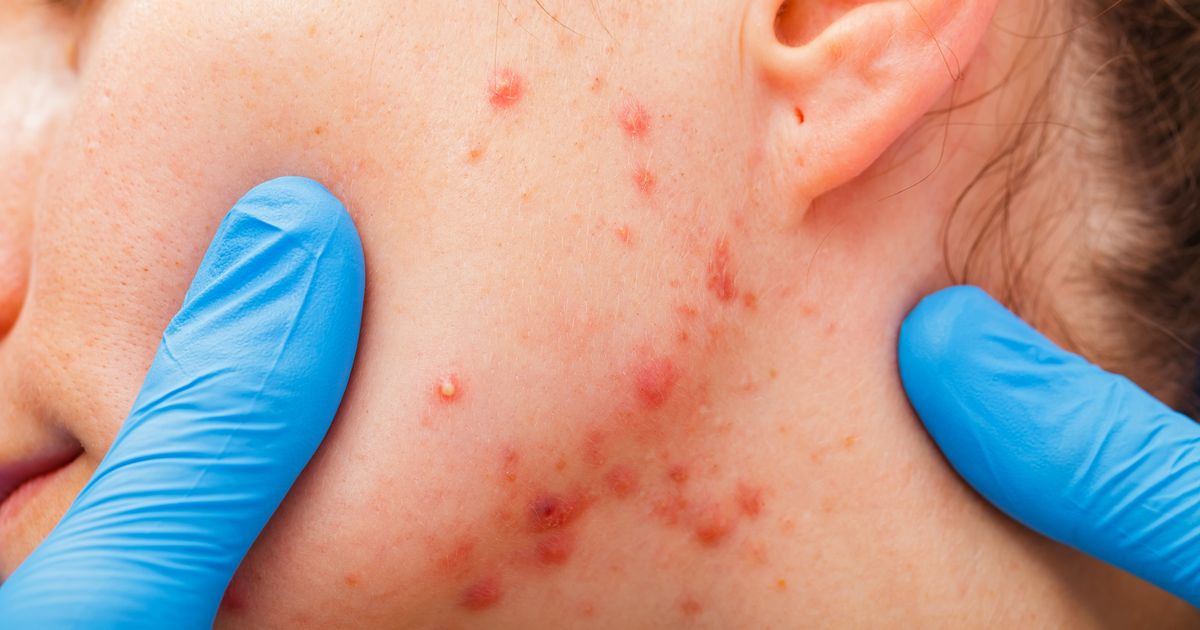
Retinoids can be used in the forms of topical gels, creams, ointments, and foams to help control comedonal and cystic acne. The mechanisms that have been identified to cause these types of acne include abnormal desquamation of the skin cells, the proliferation of keratinocytes, pilosebaceous canal obstruction, androgen-driven excess sebum production, inflammation, and altered immune system activity in an individual's body. Topical retinoids work by blocking numerous inflammatory pathways known to cause whiteheads and blackheads in the hair follicles. Retinoids also act to renormalize desquamation or the normal and effective shedding of dead skin cells. Retinoids also help unblock the clogged follicles that produce whiteheads and blackheads. Retinoids can decrease the release of inflammatory cytokines and nitric oxide, which stops the process of inflammation in the skin that produces the redness typically seen with comedonal and cystic acne.
Learn more about the health benefits of retinoids now.
Reduces Wrinkles And Fine Lines
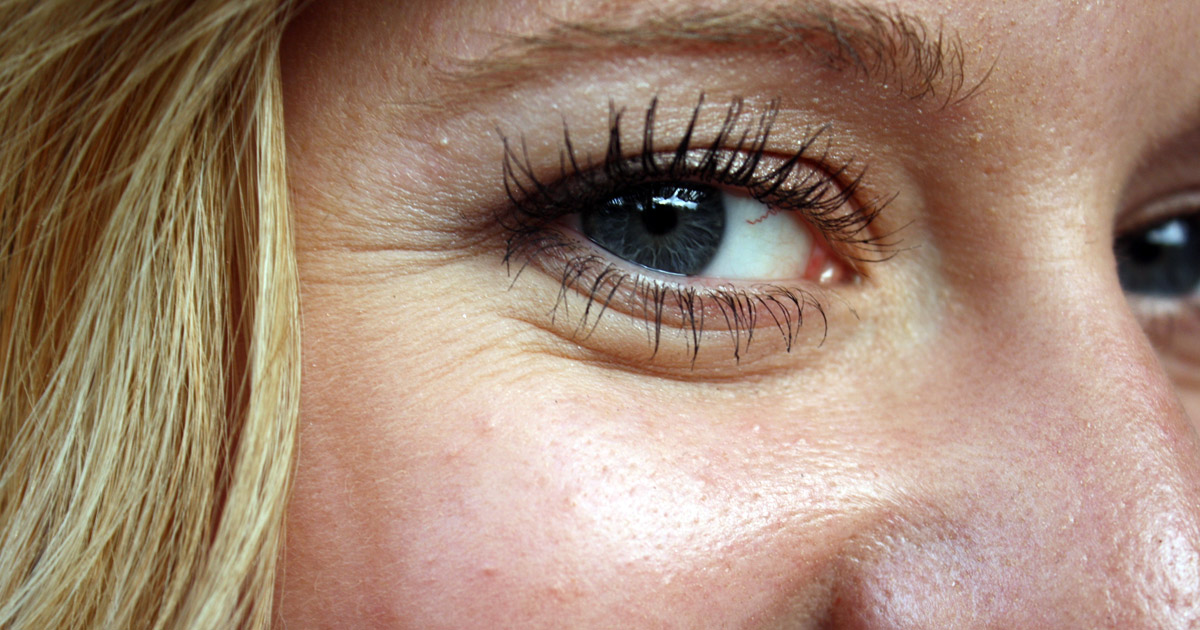
Retinoids may be used by some individuals to help reduce the appearance of wrinkles and decrease the frequency of fine lines on the face. Wrinkles and fine lines form as an individual becomes older, their skin loses its elasticity, and it decreases in overall strength. As an individual gets older, their skin begins to lose its ability to retain moisture properly, becomes drier, and eventually thins out. These mechanisms cause the molecules of collagen in the skin to crack apart and then clump together, which is what forms wrinkles and fine lines on the surface of the skin. Retinoids are thought to help reverse this aging process of the skin by promoting and increasing the production of collagen. Retinoids are also known to promote the formation of tiny new blood vessels in the skin, which helps with skin color and the retention of moisture. Retinoids also help fight the formation of fine lines and wrinkles by increasing the turnover speed of superficial skin cells, helping reveal the layer of cells underneath that takes the place of dead skin cells.
Get more information on the health benefits linked to retinoids now.
Can Alleviate Psoriasis
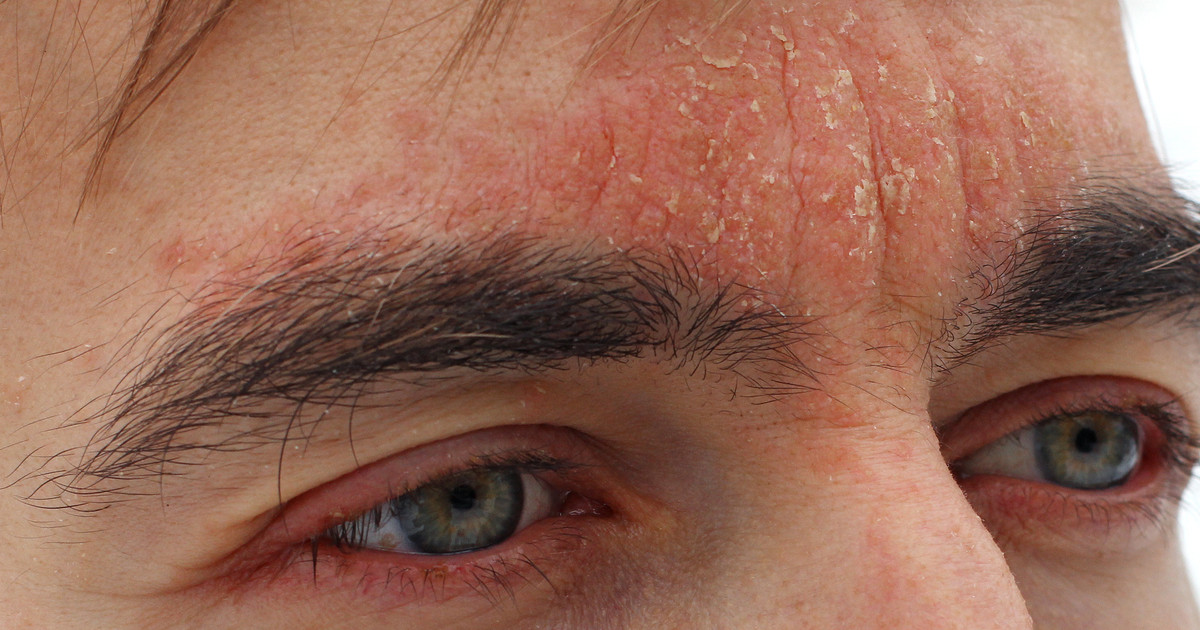
Retinoids have been used to help some psoriasis patients, where raised, scaly, red patches appear on the scalp, elbows, and knees. Psoriasis lesions develop on an individual's skin because the skin cells reproduce at an abnormally rapid rate, which causes patches of accumulated skin cells in these areas. Psoriasis tends to manifest in episodes that occur in response to some internal mechanism or environmental factor that induces an immune response. The lesions that develop on the skin of a psoriasis patient are the result of the rapidly reproducing and dead skin cells that do not shed from the skin properly. Instead of sloughing off as they usually would, the continuous growth and addition of new skin cells in the area cause the dead skin cells to stick and remain part of the affected individual's skin. Retinoids are known to help normalize the process of dead skin cell removal, which may reduce the appearance of the psoriatic lesions when a patient is experiencing a flare-up.
Discover additional health benefits of retinoids now.
Evens Skin Discoloration
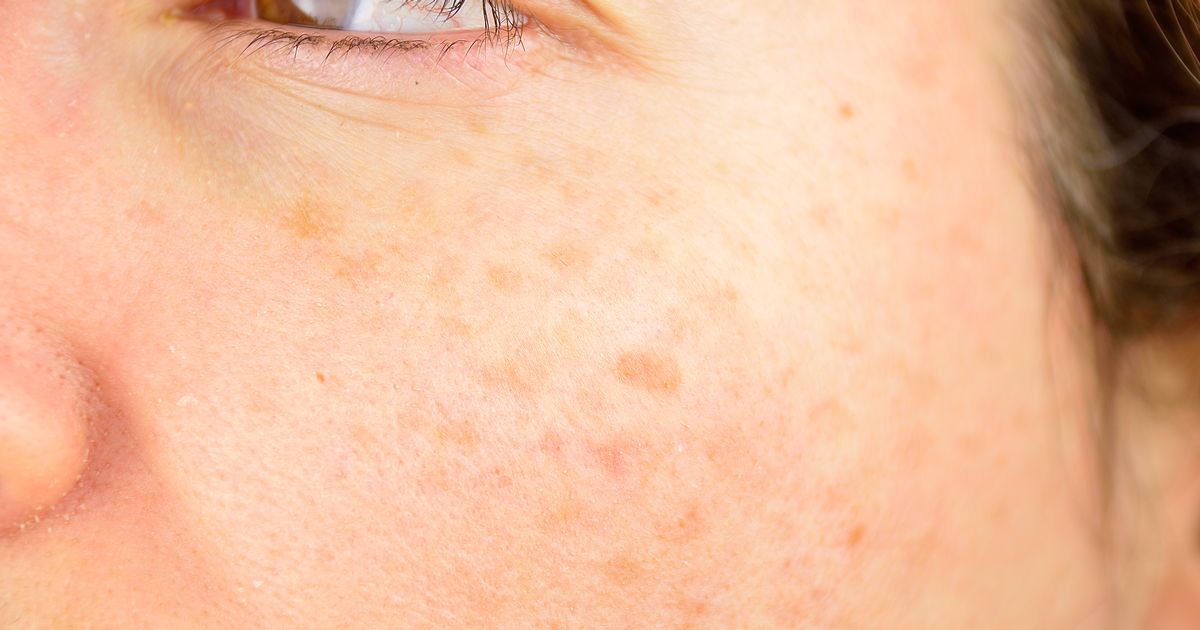
An individual with skin discoloration may use retinoids to help even out their skin tone. Skin discoloration develops most commonly as a result of an overproduction of melanin, which is the pigment that gives skin its color. Skin cells referred to as melanocytes are responsible for producing melanin. The most common reason for excess melanin production is repeated exposure to ultraviolet rays of the sun. Skin discoloration in the form of pale-colored patches can develop on the face due to the accumulation of scar tissue in the area. Scar tissue is a dense and fibrous type of tissue used to repair the tissues of the body after some mechanism has caused them to become damaged. Skin infections, acne, autoimmune disorders, injury, and other mechanisms can cause a buildup of scar tissue on the face. Retinoids help shed excess melanin from the skin, helping reduce the appearance of sunspots. Retinoids can reduce the appearance of pale spots by promoting the growth of new blood vessels to nourish the fibrous tissues.
Get the details on more retinoid health benefits now.
Brightens Skin Tone
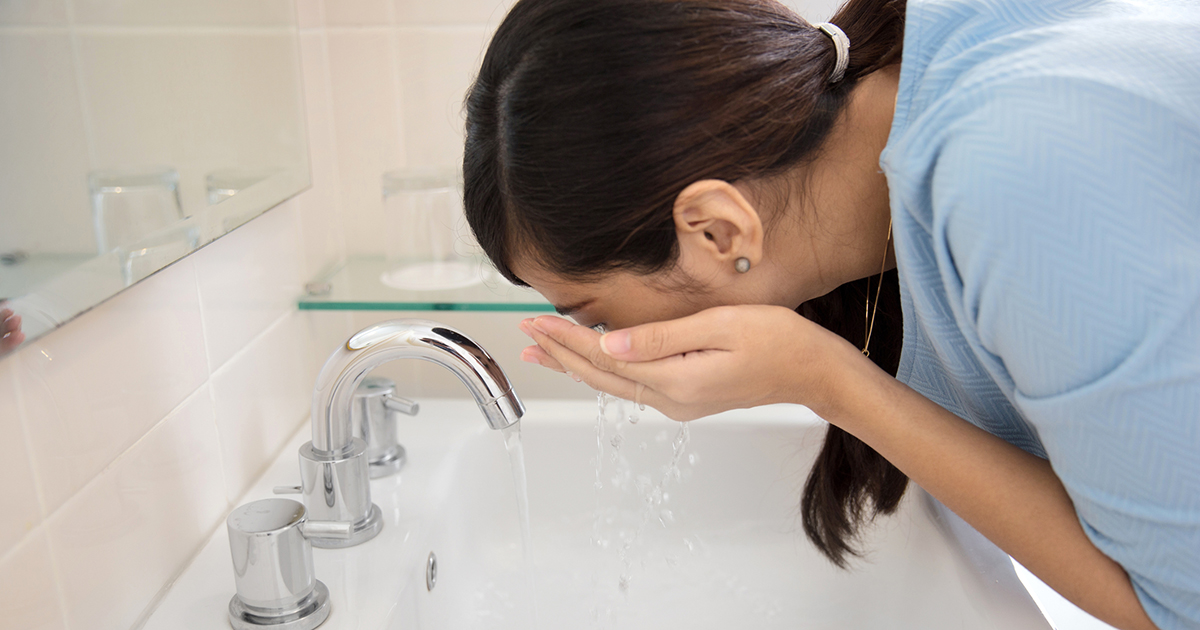
An individual may utilize retinoids to help brighten a dulled skin tone. As an individual ages, their skin experiences a decrease in its ability to absorb and retain moisture properly. As a result of this decrease in moisture, an individual's skin may take on a dry and dull appearance that is characteristic of aging skin. As a result of increased dryness, tiny blood vessels become too dried out and narrowed to nourish the uppermost layers of the skin. These dry and malnourished cells do not shed away from the skin properly when they die due to a lack of moisture and nutrition. Retinoids penetrate the layer of the dead skin cells and help promote the development of new blood vessels to feed the upper layer of the skin. Retinoids increase the shedding rate of the dead skin cells, which gives a fresh new layer of skin cells underneath an opportunity to surface. This increased shedding of cells from the top layer of the skin helps brighten the skin tone because the new layer of skin cells are moisturized, healthy, and plump, unlike the dull and dry dead skin cells they take the place of.
